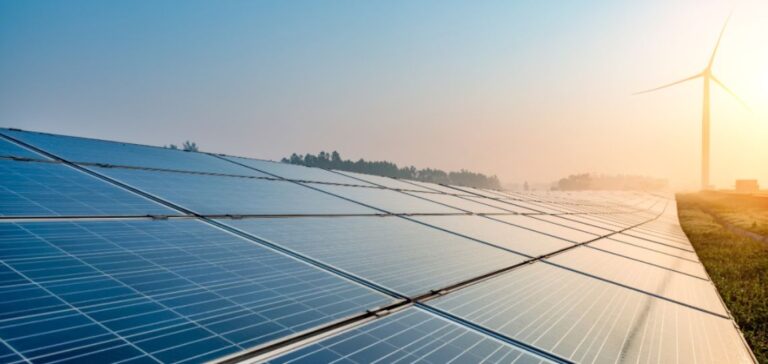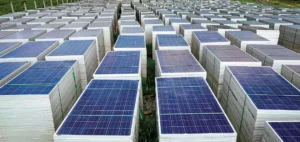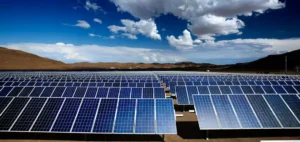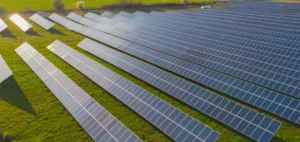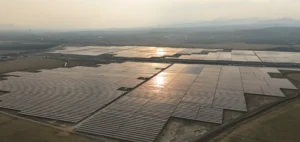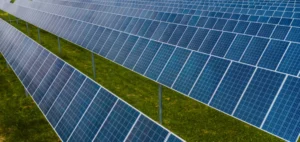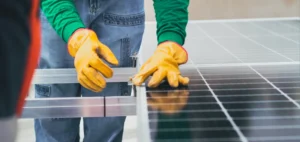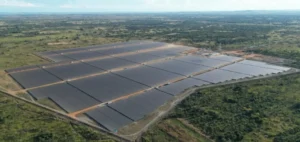Since January 2024, Vitesco Technologies, a German automotive manufacturer of transmission and powertrain technologies, has benefited from Statkraft‘s renewable energy supply, consisting of around 10,500 MWh of solar power and 17,300 MWh of wind power annually. This energy supply, planned for a three-year period, represents a total of around 83,000 MWh. The aim is to cover a significant proportion of the electricity needs of Vitesco’s German sites with this combination of solar and wind power.
Adapting to energy needs
Statkraft, which recently acquired Spain’s Enerfin, aims to tailor the terms and volume of power purchase agreements (PPAs) to the specific requirements of its industrial customers. This enables a flexible supply of renewable electricity to companies of all sizes. The partnership with Vitesco Technologies is part of this approach, aimed at precisely meeting the company’s needs for green electricity.
Renewable electricity sourcing by Vitesco Technologies
Since 2020, Vitesco Technologies has been sourcing all its electricity from renewable sources. This supply enables the company to meet its objective of generating zero Scope 2 emissions from its own electricity consumption. The collaboration with Statkraft contributes directly to this goal, while aligning with Vitesco’s broader sustainability ambitions.
Commitment to climate neutrality
Vitesco Technologies is pursuing the goal of achieving net climate neutrality for its clean operations by 2030, and net zero greenhouse gas emissions across its entire value chain by 2040. The agreement with Statkraft represents a key step towards these goals, not only ensuring a climate-neutral electricity supply but also promoting the expansion of renewable electricity.
Solar power for Vitesco Technologies will come from the Ihlenfeld solar park in Neuenkirchen, Mecklenburg, while wind power will be generated by the Ütze-Süd wind farm in Lower Saxony. These agreements contribute to the long-term financing of renewable energy production facilities, underlining the importance of PPAs in supporting and ensuring the economic viability of green energy projects.

